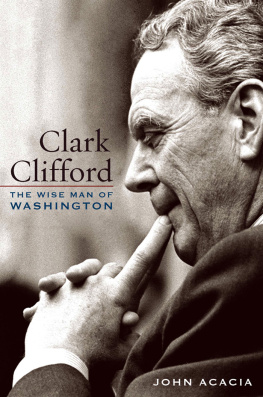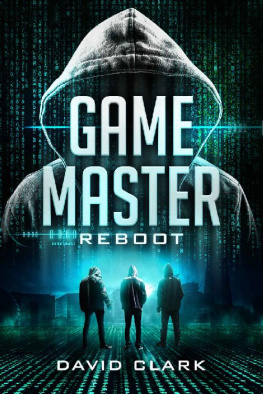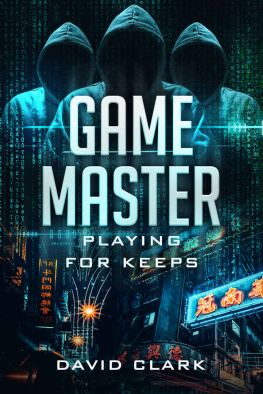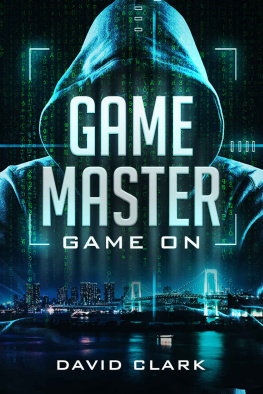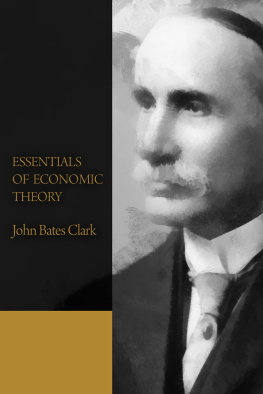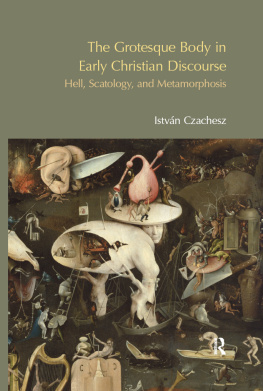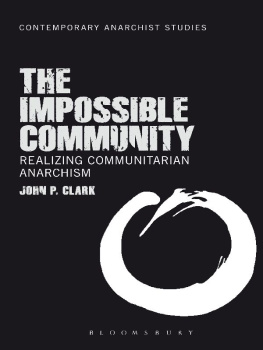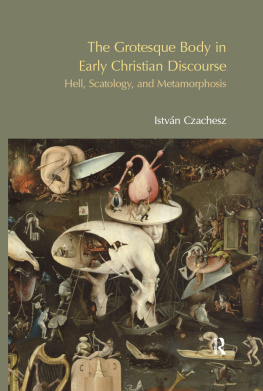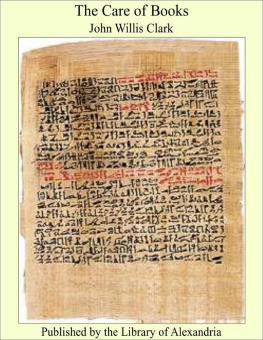John R. Clark - The Modern Satiric Grotesque and Its Traditions
Here you can read online John R. Clark - The Modern Satiric Grotesque and Its Traditions full text of the book (entire story) in english for free. Download pdf and epub, get meaning, cover and reviews about this ebook. year: 2021, publisher: UP of Kentucky, genre: Science. Description of the work, (preface) as well as reviews are available. Best literature library LitArk.com created for fans of good reading and offers a wide selection of genres:
Romance novel
Science fiction
Adventure
Detective
Science
History
Home and family
Prose
Art
Politics
Computer
Non-fiction
Religion
Business
Children
Humor
Choose a favorite category and find really read worthwhile books. Enjoy immersion in the world of imagination, feel the emotions of the characters or learn something new for yourself, make an fascinating discovery.

- Book:The Modern Satiric Grotesque and Its Traditions
- Author:
- Publisher:UP of Kentucky
- Genre:
- Year:2021
- Rating:3 / 5
- Favourites:Add to favourites
- Your mark:
- 60
- 1
- 2
- 3
- 4
- 5
The Modern Satiric Grotesque and Its Traditions: summary, description and annotation
We offer to read an annotation, description, summary or preface (depends on what the author of the book "The Modern Satiric Grotesque and Its Traditions" wrote himself). If you haven't found the necessary information about the book — write in the comments, we will try to find it.
The Modern Satiric Grotesque and Its Traditions — read online for free the complete book (whole text) full work
Below is the text of the book, divided by pages. System saving the place of the last page read, allows you to conveniently read the book "The Modern Satiric Grotesque and Its Traditions" online for free, without having to search again every time where you left off. Put a bookmark, and you can go to the page where you finished reading at any time.
Font size:
Interval:
Bookmark:
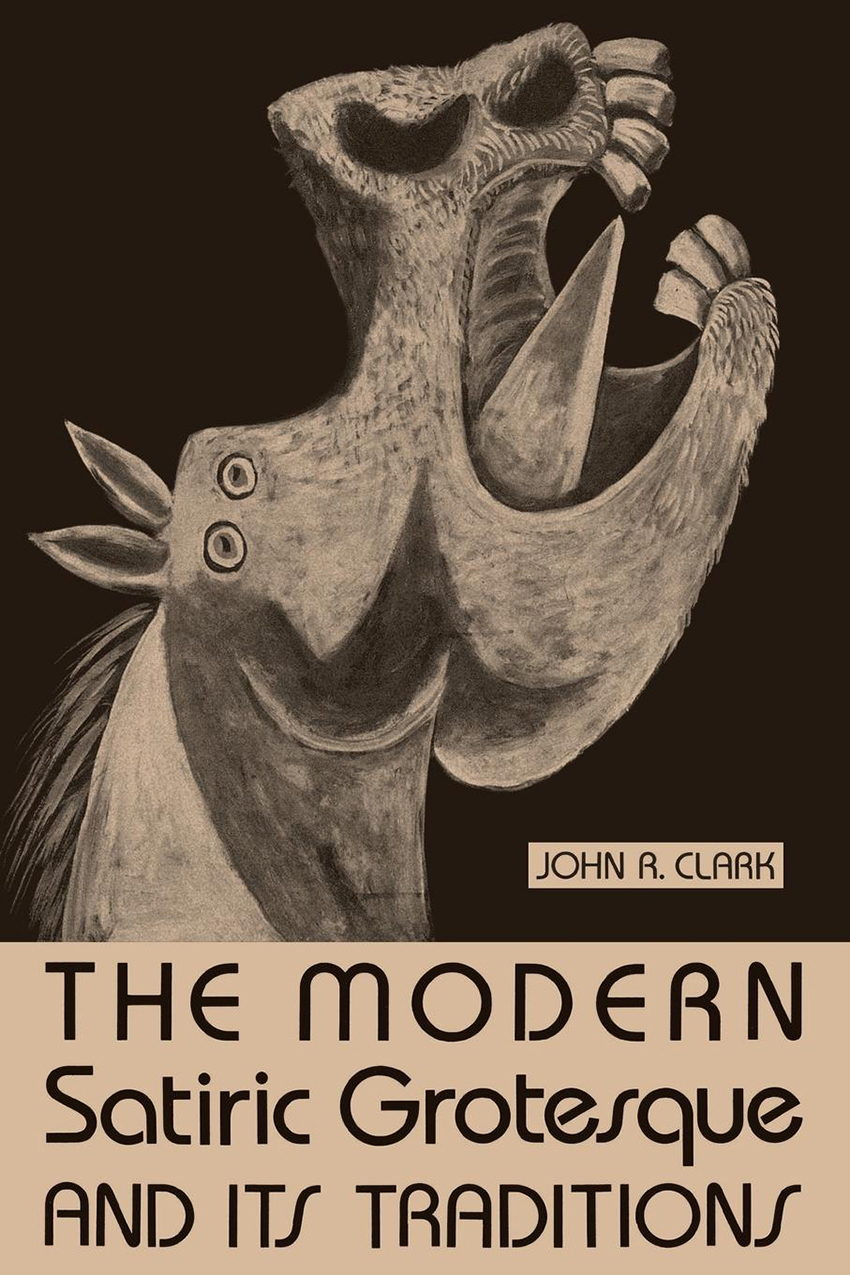
The Modern
Satiric Grotesque
And Its Traditions
The Modern
Satiric Grotesque
And Its Traditions
JOHN R. CLARK

Copyright 1991 by The University Press of Kentucky
Scholarly publisher for the Commonwealth,
serving Bellarmine College, Berea College, Centre
College of Kentucky, Eastern Kentucky University,
The Filson Club, Georgetown College, Kentucky
Historical Society, Kentucky State University,
Morehead State University, Murray State University,
Northern Kentucky University, Transylvania University,
University of Kentucky, University of Louisville,
and Western Kentucky University.
Editorial and Sales Offices: Lexington, Kentucky 405084008
Library of Congress Cataloging-in-Publication Data
Clark, John R., 1930
The modern satiric grotesque and its traditions / John R. Clark.
p. cm.
Includes bibliographical references and index.
ISBN: 978-0-8131-5619-4
1. Grotesque in literature. 2. SatireHistory and criticism.
I. Title.
PN56.G7C57 1991
809.7dc20 | 90-27474 |
This book is printed on acid-free paper meeting
the requirements of the American National Standard
for Permanence of Paper for Printed Library Materials.
The intention of this study is to define and illustrate the major tactics and topics deployed by much modern literary dark humor. There can be no doubt that, in our era, the themes and modes of our comic literature (and our other literature as well) are usually no laughing matter. The subjects are frightful and ugly, the methods of presentation disruptive; such creations patently seek to foster dis-ease. Nevertheless, this study will argue that critics complaining about our fierce satiric literature because it is dank, cheerless, or unpleasant, naysaying or negative, are too simplistic and prescriptive. Great literature must flower as best it can, choosing whatever myths and means it can best nurture and develop. All such writing, if vigorous, controlled, and imaginative, is definitely creative and thereby affirmative.
Furthermore, as this study attempts to show, all of the strategies, tones, and materials of this extremist literature have been assimilated from a long and spirited usage. Such creations are firmly established in a lasting tradition. Hence it would only be sensible to comprehend and appreciate our comedic literaturewhether it be dark or lightin this larger context.
I wish to thank the editors of several journals for granting me permission to reprint material here that previously appeared in somewhat different form in the pages of their periodicals: The Human Use of Inhuman Beings, Humanities in the South 45 (1977): 7-9; Funny Bones: The Deadly Laughter of the Grotesque, Thalia 9 (1987): 24-31; Modern Gothic: The Satiric Grotesque, Studies in Contemporary Satire 13 (1986): 5-15; Cynical Hercules and the Contemporary Hero, Classical Bulletin 57 (1981): 65-69; Neglected Authors: The Martyrs and Relics of Satire, Studies in Contemporary Satire 12 (1985): 6-21; Chafing Dish: Satires Adulteration of Language and Style, Thalia 5 (1982): 14-26; Gaming in Modern Literature: Some Causes and Effects, Modernist Studies 4 (1982): 146-59; Intrusion, Obstruction, and the Self-Reflexive Narrator in So-Called Post-Modern Literature, Classical and ModernLiterature 7 (1986): 31-37 (reprinted by permission of CML, Inc.); The Senselessness of an Ending: Comic Intrusions upon the Higher Seriousness, West Virginia University Philological Papers 29 (1983): 1-7; Pangs without Birth, and Fruitless Industry: Redundancy in Satire, Centennial Review 26 (1982): 239-55; Bored Out of My Gourd: The Progress of Modern Exhaustion, West Virginia University Philological Papers 28 (1982): 1-15; Bowl Games: Satire in the Toilet, Modern Language Studies 4 (1974): 43-53; The Progress of Cannibalism in Satire, Midwest Quarterly 25 (1984): 174-86; The Machine Prevails: A Modern Technological Theme, Journal of Popular Culture 12 (1978): 118-26; Running Down and Dropping Out: Entropy in Modern Literature, Studies in Contemporary Satire 10 (1983): 9-22; The Death of the Humanities and Other Recent Atrocities, Humanities in the South 52 (1980): 1-4.
I also wish to acknowledge Professor Priscilla VanZandt of the University of North Florida, who worked with me on . My deepest gratitude goes to Dr. Anna Lydia Motto, my wife, who assisted me in the research, the writing, and the revision of some of these chapters.
The Modern
Satiric Grotesque
And Its Traditions
The literature of the modern era immerses us again and again in disillusionment, anomie, alienation, and wretchedness. Matthew Arnold saw man in 1853 facing what the early Greeks had facedloss of calm, cheerfulness, and disinterested objectivity. In their stead, the dialogue of the mind with itself has commenced; modern problems have presented themselves; we hear already the doubts, we witness the discouragement, of Hamlet and of Faust.
And, to be truthful, the motifs of the satiric artistry early in this centuryin the work of Strindberg, Mayakovsky, Proust, Mann, Joyce, apek, Sinclair Lewis, Orwell, Huxley, Waugh, Cline, and Nathanael Westhave been dark indeed. The typical reified, denatured, dispirited inhabitant of our period is precisely characterized by Robert Musils designation: Der Mann ohne Eigenschaften. Modern man, stripped of any distinguishing qualities, has arrived in the subbasement of life. Later writings merely continue to record this downward journey. In such a light, we should perceive the oeuvre of the angry young men, the absurdists of the theater, the novelists of black humor, the celebrants of pop art, and the theorists of deconstruction. Critics too tend to define the entire period in gloomy and tenebrous terms, speaking of the revolt of the masses and the betrayal of the intellectuals, noting the proliferation of the anti-hero and generating a host of the bleakest terms: the power of blackness, the loss of self, the waiting for the end, nil, nightmare, and silence. Even many of our lighter comedians have grown increasingly bleak and depressed toward the close of their careers; this has certainly been true of Dickens, Twain, Chaplin, Thurber, Waugh, and Lenny Bruce.
Furthermore, one will find precious little among recurrent literary subjects that one can designate beneficent or ameliorative. For instance, traditional utopian literature has turned sour, fostering the rise of a predominant genre, that of the antiutopia. In addition, literatures concern with the scatological increases significantly in this century, plunging the reader into the urinal and the toilet; many artists of the lavatoryJoyce, Eliot, Golding, Grass, Marcel Duchamp, Southern, Barth, Updike, Claes Oldenburg, Beckettappear eager to rush in where angels fear to tread. Similarly, modern writings startle readers by confronting them with the unsavory subject of cannibalism, as in works by Twain, Bierce, Waugh, Mailer, Burgess, Bellow, Hawkes, and Donleavy; such writers hint knowingly that man, for all his humane posturings and asseverations, secretly is prone (perhaps enthusiastically) to indulge quite savagely in consuming delectable human flesh.
Font size:
Interval:
Bookmark:
Similar books «The Modern Satiric Grotesque and Its Traditions»
Look at similar books to The Modern Satiric Grotesque and Its Traditions. We have selected literature similar in name and meaning in the hope of providing readers with more options to find new, interesting, not yet read works.
Discussion, reviews of the book The Modern Satiric Grotesque and Its Traditions and just readers' own opinions. Leave your comments, write what you think about the work, its meaning or the main characters. Specify what exactly you liked and what you didn't like, and why you think so.

